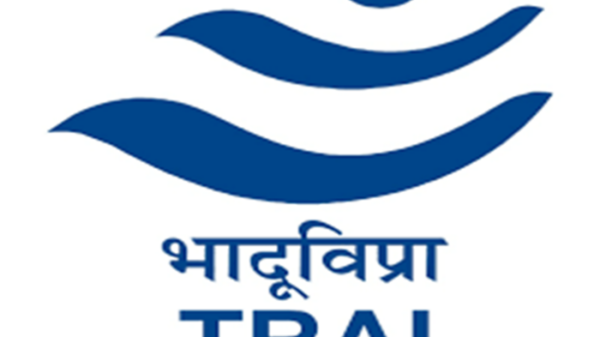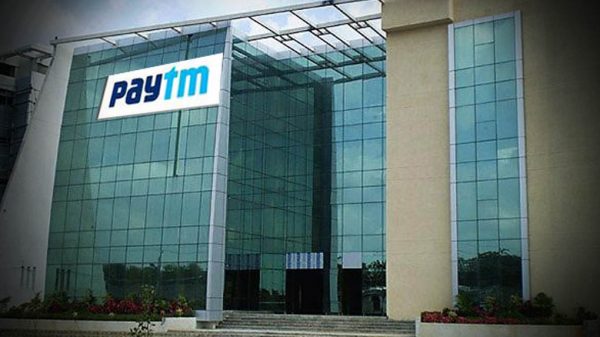In its comments to the Ministry of Health's National Digital Health Blueprint, SFLC has submitted that the Blueprint proposes a framework that "severely infringes" upon the fundamental right to privacy; it doesn't adhere to privacy principles recommended by the AP Shah committee or in the Justice Srikrishna Committee report, the draft Personal Data Protection Bill 2018; it falls short of the tests laid down in the Supreme Court's privacy judgment, and ignores the SC's Aadhaar judgment. Further, the consultation is premature as a data protection law is in the works. The entire process needs more thought and planning, says SFLC, adding that "people’s rights over their own data have to be re-thought, as economic interests cannot supersede fundamental rights". (Read our coverage of the NDHB and other stakeholder comments here) Here are the key points SFLC makes on the Blueprint: Patient control over information The EHR Standards give only partial control to patients over their sensitive personal information, and the right of patients to control their own data is not acknowledged in the NDHB, even through the SC had said in its Privacy Judgment that control over information is a cornerstone of privacy. Key issues surrounding patient control over data: 1. Quick access to medical data: The Blueprint's aim is to enable quick access to medical records, but the EHR standards 2016 give a period of 30 days to providers to make a copy of medical records available; "this introduces ambiguity and can frustrate patient access and control over their…





























